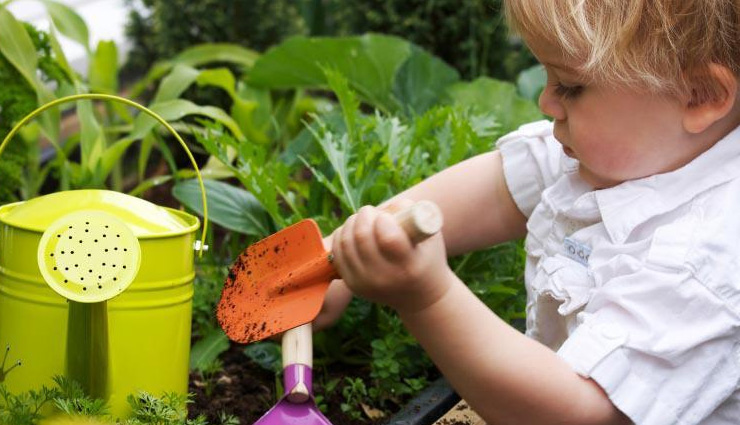The Easiest Way To Keep Your Garden Healthy During Winters
By: Sandeep Mon, 27 Nov 2017 1:06:28

For many people, gardening is a spring and summer project. Cooler months tend to turn our attention elsewhere and we reluctantly allow our beloved plots and flower beds to sleep until the ground warms up again. However, there is still plenty to be done outdoors in the fall and winter to continue growing food and to prepare for the next growing season. Here is a brief list of tips to get your gardening-fix even after the cold weather sets in.
* Mulch
Mulch isn’t just for blocking weeds and making your garden look nice. It also helps to keep the soil warm and moist. While it certainly isn’t enough to prevent annuals from dying or keep perennials from going dormant, decomposing organic matter creates heat. A healthy layer of mulch can go a long way toward protecting roots and bulbs from encroaching frost. Also, fall and winter tend to be very dry seasons compared to spring and summer.

* Know Your Zone
Before beginning any cold-season gardening projects, you need to know the approximate depth of the frost line and date of first expected killing frost for your zone. If you aren’t sure which one you’re located in, here is an excellent resource for pinpointing worldwide hardiness zones.
* Bulb Maintenance
What you do with your bulbs at the beginning of fall depends on your hardiness zone and the coinciding depth of the frost line in your locale. For colder climates, you’ll want to dig up and store bulbs in a cool, dark location until danger of frost has passed. If it’s safe to leave them in the ground through the winter, go ahead and dig up, separate, and replant any existing bulbs that need maintenance. You can also plant new bulbs once the weather cools down. Just make sure they have good conditions and enough time to establish roots before the temperature drops too low.
* Cold-season Veggies
A good variety of crops actually grow best during the cooler months. If you aren’t quite ready to give up your fresh produce come fall, try planting cold-season veggies like broccoli, cauliflower, cabbage, peas, and Brussels sprouts. Collards, mustard greens, spinach, kale, mâche, and many kinds of lettuce also prefer cooler temperatures. Root veggies like turnips, beets, radishes, rutabagas, and baby carrots are more options for the cold-weather garden.

-1713979511-lb.jpg)



